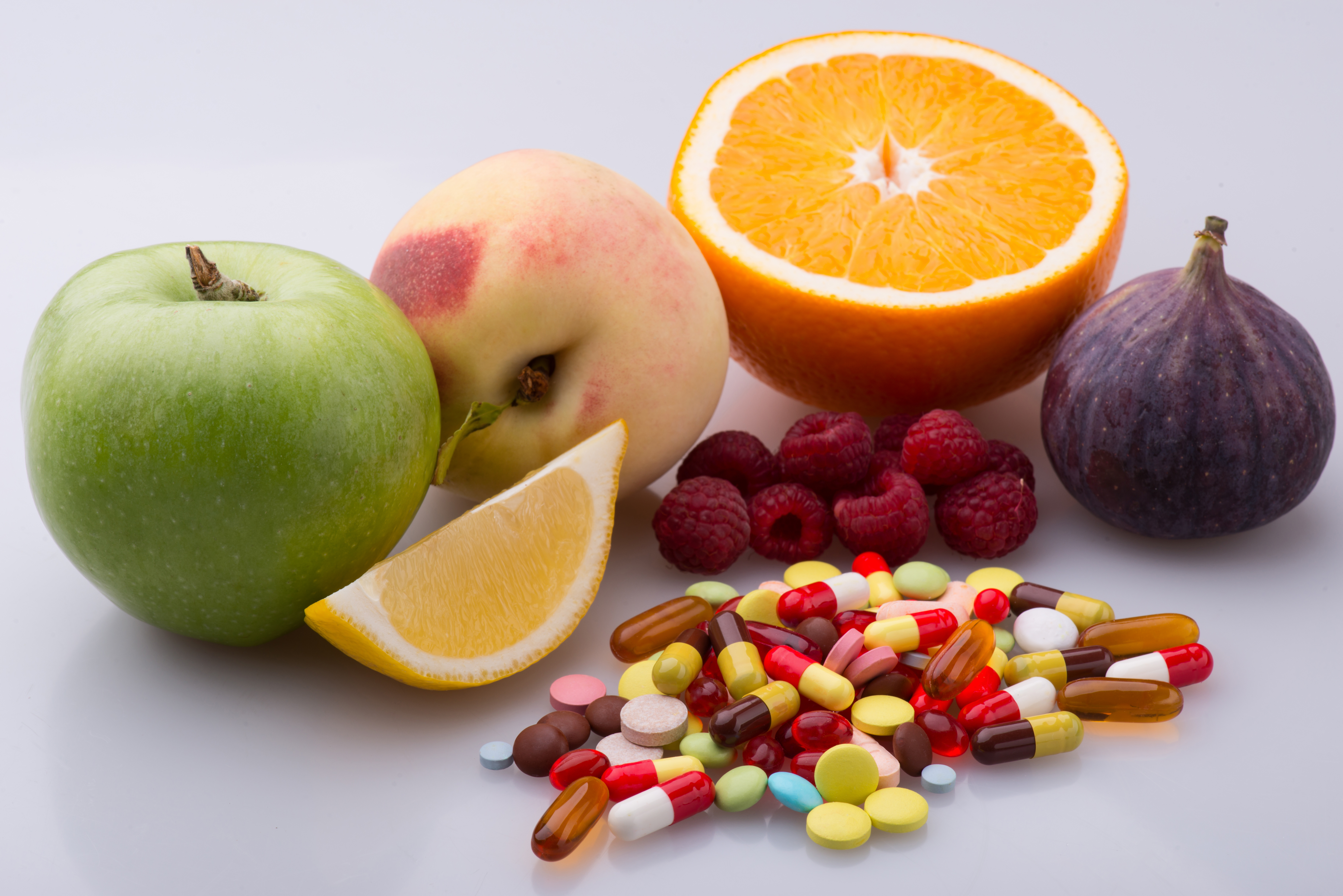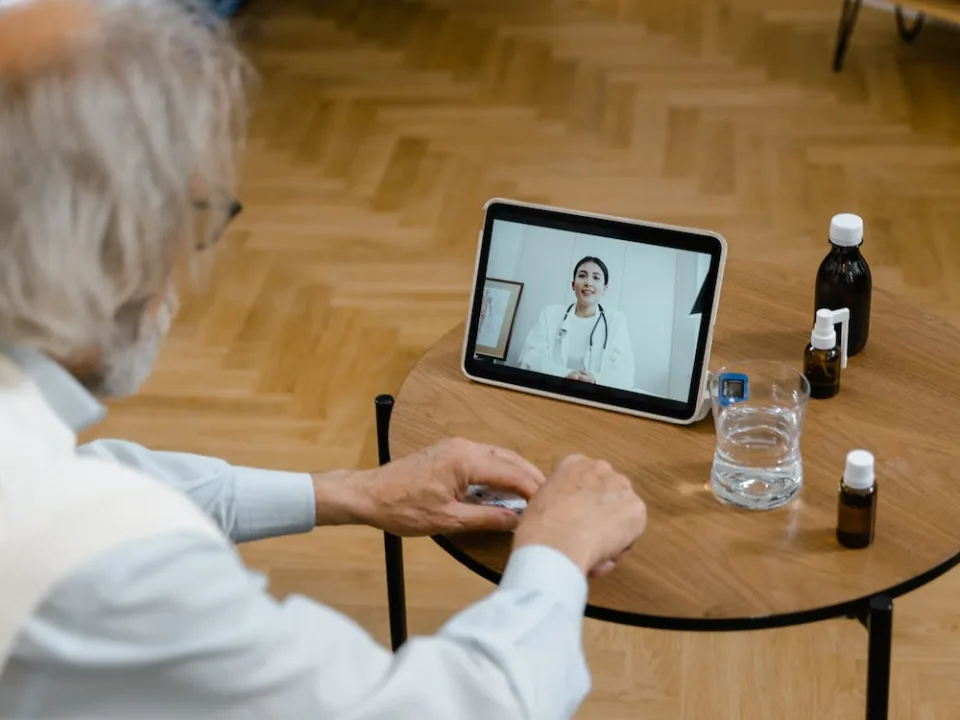The student lifestyle can heavily consist of late nights and over-indulgence. So it comes to no surprise that many students are deficient in essential vitamins. The combination of exciting social events and looming exams can put the importance of vitamins on the backburner for many students.
Why Are Vitamins Important?
Vitamins and minerals are nutrients that are essential for keeping your body healthy and functioning correctly. The essentials are found in a variety of foods, including oily fish, eggs and vegetables. For many adults eating a healthy and balanced diet, vitamin defiantly isn’t such a concern. However, for many university students, cooking is a new and time-consuming activity. It is thus leading to many individuals eating a consistent and unbalanced diet. Although this may seem like the easy option, it can be very disruptive for overall health and wellbeing.
The constant lack of essential vitamins and minerals can lead to a deficiency the and therefore unpleasant side effects. So let’s take a look at the most common vitamins students are lacking and the possible side effects.
What Vitamins Are Students Lacking?
Iron
Iron plays a crucial role in the making of healthy red blood cells. When your body is lacking in iron, it means that your body isn’t producing enough red blood cells to keep the body oxygenised. This will leave you feeling exhausted and affect your immune system’s ability to fight off infections.
Deficiency Symptoms Include:
- Feeling continually tiered
- Difficulty concentrating
- Susceptible to catching colds easily
Sources of Iron
- Dark leafy greens such as spinach
- Baked potatoes
- Tofu
- Whole-grain and enriched bread.
Vitamin D
Vitamin D is naturally produced by the body when it is exposed to sunshine. With a busy lecture schedule and an out-of-hours social life, time spent outdoors can be very little for students. Vitamin D not only helps the body to absorb calcium to create stronger bones, but it also helps to build immunity. A deficiency can lead to bone pains and deformities.
Deficiency Symptoms Include:
- Fatigue and tiredness
- Bone and back pain
- Muscle pain
Sources of Vitamin D
- Fatty Fish
- Cheese
- Egg Yolks
- Fortified foods with Vitamin D (Soy Milk, Cereals and Orange Juice)
Vitamin B12
Vitamin B12 is an essential nutrient that helps to keep the body’s nerve and blood cells healthy. It is also critical for a healthy metabolism. Unlike other vitamins, B12 is only found within animal products, meaning that vegetarians and vegans are more likely to be deficient in B12.
Deficiency Symptoms Include:
- Weakness or lightheadedness
- Shortness of breath and heart palpitations
- Nerve problems such as numbness or muscle weakness
Sources of Vitamin B12
- Fish
- Poultry
- Eggs
- Milk
Speak To An Online Doctor Today
If you are concerned about a potential deficiency, then don’t hesitate to contact one of our Online Doctors. With The GP Service, you can talk to a doctor in only 30 Minutes! There are many over the counter treatments which can be purchased for deficiencies such as the ones outlined in the above article. If you would like further information or advice on these, please do not hesitate to contact a member of our team.





